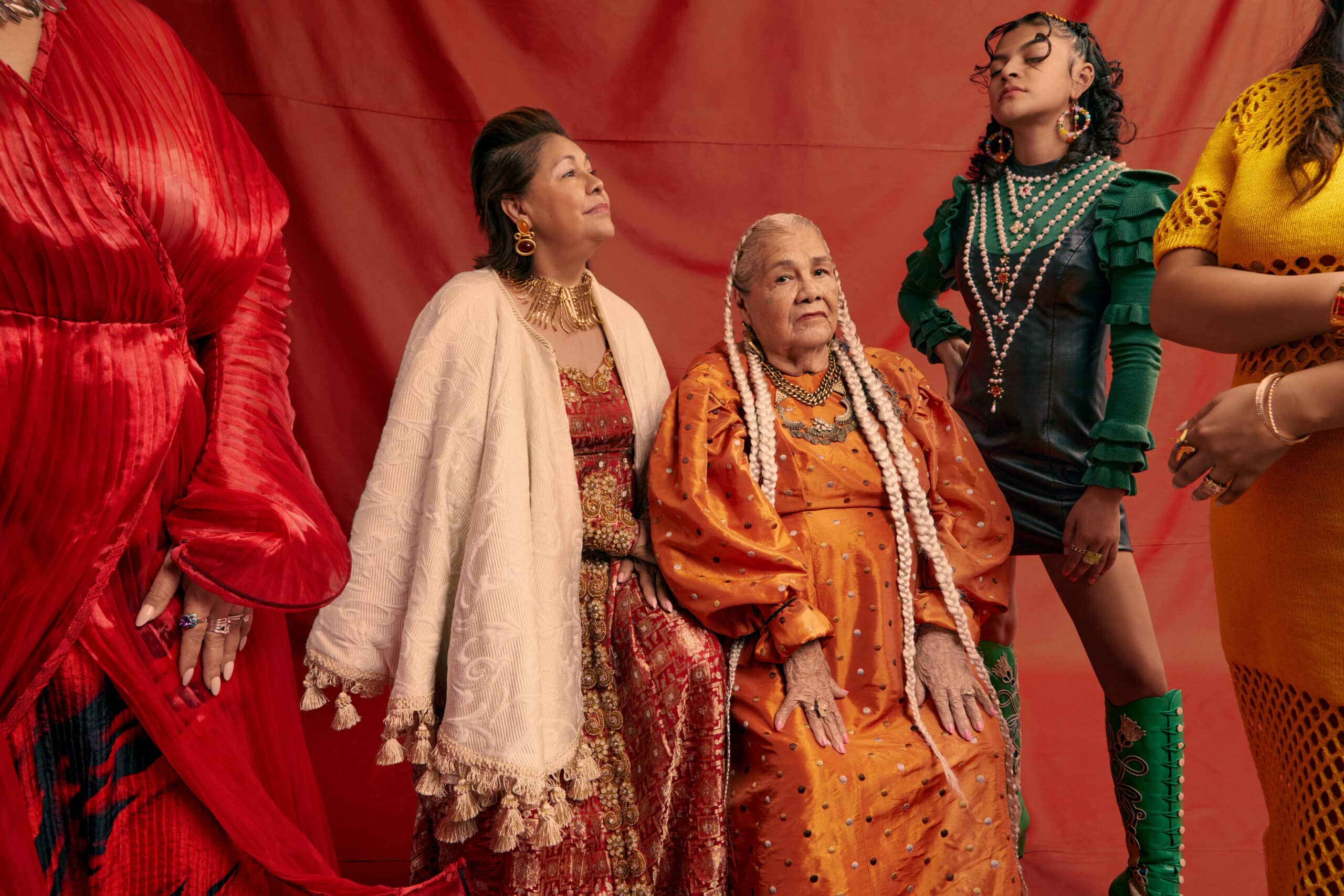If you’re launching a career in the creative arts, it’s most likely you decided to do so because you love being making art. For many creative folk, the business side of things is a necessary evil that just has to be endured.
One business-related word that’s enough to make any fledgling creative entrepreneur cringe is “contract.” Writing a freelance contract is about as far from creative as you can get. They tend to be stale documents filled with legalese that take up time to negotiate, create and sign.
While all this might seem like a boring waste of time, people who have been working as creative professionals for a long time will tell you contracts can ultimately save you a lot of time and money. They can also help assure clients of your professionalism and competency, leading to more work in the long run.

Why do I need a contract?
If you want to get an idea just how important contracts are, just ask Ethan Clarke, Vice President of the Canadian Freelance Union, an organization that works to protect the rights of freelancers by doing things like helping sort out disputes that most often revolve around lack of payment by the client.
“When people come to the freelancer’s union for their issue, the majority of the time the issue is that they’re not getting paid,” Clarke explains. “With a contract, that’s a quick problem to solve. Without a contract, it can quickly devolve into chaos. There’s no basis to pursue anyone for payment without a contract.”
Along with issues around payment, copyright is the other most common problem Clarke’s team deals with. “The other places that get confusing are about copyright— who owns the product made and what can be done with it. Without a contract, that’s virtually impossible to deal with.”

What should my contract include?
So now you know that having a contract can really save your bacon in a lot of circumstances. But what does that contract need to say?
Clarke divides freelance contract clauses into two categories: clauses that are a must, and clauses that are in your best interest. Clarke says clauses that you need to have in every contract include:
- A detailed description of the work to be done
- A timeline for completion with milestones at certain points along the way
- Payment details that include: how much you’ll be paid, the method of payment, and when payment is due
“You absolutely need to have those in a contract,” Clarke says. “If you have a napkin with those three things on it, you’re doing OK.”
If you want kick your contract up another notch, Clarke says you should also include these clauses:
- How the quality of the work will be evaluated?
- What does being finished look like?
- Who owns the copyright to the finished work
- What happens if there’s a problem and how the either party can terminate the contract?

I’m a photographer. Is there anything special I should include in my contracts?
A photo shoot contains so many variables that don’t apply to other kinds of freelance work. So it stands to reason that photography contracts need to account for these.
If there’s one person who knows her way around the ins and outs of a photography contract, it’s Djanka Gajdel, a Toronto-based artist representative and member of the board at the Canadian Association of Professional Image Creators (CAPIC).
According to Gajdel, a photography contract should ultimately be a thorough outline of the visual job in written format. “The contract deals with things like moral rights, copyright, and client expectations. It essentially outlines the visual job in copy.”
One area that photography contracts particularly need to deal with is image licensing, Gajdel notes. That means clearly setting out the rights and usage for the images, which include:
- Who owns the images? (Under copyright law, the person who creates the images automatically owns the copyright.)
- Who is allowed to use the images, for how long, and in what way?
“These need to be clearly outlined, and repeatedly with every single contract,” she says. “Content is the new currency, so usage needs to be established.”
Gadgel adds that professional photography also includes various other kinds of contracts that you need to be aware of as well, such as: model releases, property releases, location releases, and stock contracts.

Will I scare off my client if I start waving a contract in front of them?
When you’re first starting out, the prospect of sending a legal document to a client might seem a bit daunting. But fear not, both Clarke and Gadjel say that contracts are actually a way to reassure your client of your professionalism—and negotiating them is not as intimidating as it seems.
“A contract is a great way to establish yourself as a professional and educate the client, so they feel they’re getting value and you feel you’re being properly remunerated,” Gadjel says.
“A contract is a two-way street,” Clarke explains. “It’s a balance of protecting your own rights, while giving the client the flexibility to get what they need . . . Far too many freelancers who are starting out err on the side of giving the client everything. But if you want to survive, you have to protect your rights.”

Do I need a lawyer to make a contract for me?
In a perfect world, every freelancer could have a lawyer draft of a contract for them. But the reality is that lawyers are expensive. Luckily, various organizations offer great sample contracts and forms that you can tweak to suit your own needs.
While the Clarke notes that the Canadian Freelancers Union is currently working on a sample contract offering, CAPIC offers a great set of forms that includes a contract, model and property releases, and more.
It’s best to use sample contracts provided by reputable industry associations, but if you do decide to go searching the web for a sample contract, be sure it’s from a reliable source and made for the country in which you are working because copyright and other laws are different everywhere.
Want more resources about freelancing?
26 Freelance Work Websites For Finding New Clients and Better Jobs
How To Start A Successful Photography Business
So You Want to Be A Freelance Illustrator?
Images via Pexels









